Sebi’s handling of insider trading cases under spotlight after SC rulings
The Supreme Court this week turned down Sebi’s appeal to penalise a former stock broker in the case of circulation of unpublished price sensitive information (UPSI) through WhatsApp messages in the scrip of Bajaj Auto.
A Bench led by chief justice UU Lalit dismissed the Sebi’s appeal against the SAT order in March last year that had set aside the penalty of Rs 15 lakh imposed on Shruti Vora for allegedly forwarding UPSI of six companies on WhatsApp.
According to experts, the regulator has been relying a lot on circumstantial evidence as opposed to basing its findings on direct evidence substantiating the possession of UPSI. This, along with the significant delays in its investigation processes and stringent actions, gets difficult to sustain in higher forums when appealed.
“The Supreme Court has of late gravitated to the progressive intent of requiring a higher threshold of application of mind in insider trading cases. While acknowledging the complexity that comes from the vexed burden of proof that Sebi has to discharge, the court has rightly made it harder for the Sebi to catch the individuals with bona fide reasons in the insider trading net,” said Rachna Jain, senior partner, Desai and Diwanji.
“The burden of proof is higher in PIT cases than with Sebi PFUTP matters and cannot always be based on the notion of preponderance of probability,” added Tejesh Chitlangi, senior partner at IC Universal Legal.
Also Read: NCDEX relaunches derivatives contract in Robusta Cherry AB Coffee
For instance, in the Shruti Vohra case, the Court gave the correct weightage to the element of prior knowledge. This is necessary to delineate market hearsay from actually confidential trading data, according to Jain.
“In insider trading cases, gathering evidence of ‘connection’ and ‘communication’ is a daunting task for regulators worldwide, but one that cannot be done away with ‘assumption’ and ‘speculation’. The recent SC judgments are a reminder to consider the element of ‘knowledge’ and ‘motive’ in the context of serious charges of insider trading, which is a civil and criminal offence,” said Sumit Agrawal, managing partner, Regstreet Law Advisors, and a former Sebi officer.
“According to the recent judgments, one of the key takeaways is that it is imperative to also consider and provide weightage to the circumstances that have led to the trade in shares,” Gaurav Mistry, partner, DSK Legal, said.
In the GIPL matter, the SC concluded that while the information of termination of shareholders agreements was price sensitive information, the sale of shares by the respondent would not fall under the ambit of insider trading as it was somewhat similar to a distress sale, made before the information could have a positive impact on the price of the shares.
In the matter pertaining to PC Jewellers, SC observed that the trading pattern in itself cannot provide circumstantial evidence to prove communication of UPSI in the absence of material on record to show such frequent communication between the family members.
“What emanates from these judgments is the requirement to question and consider ‘why the trade’ as opposed to simply checking the boxes on ‘who made the trade’ and ‘when was the trade made’. Thus, essentially, sale of shares at a time when there is a surge in the stock price owing to the cleansing of UPSI by public disclosure of such information should not attract liability, nor should purchase of shares at the time of a slump owing to public disclosure of such information,” said Mistry.
Statistically, Sebi’s success rate is more than 95% in cumulative litigation, according to estimates. However, given the quasi judicial, legislative and executive powers it wields, the regulator may need to go to the drawing board and reassess the material evidence to determine cases requiring enforcement, said experts.
“The recent judgments have set a direction that going forward the regulator’s actions against persons need to be based on a lot more comprehensive investigation and higher degree of evidence, and thus it would do well to make tech and big data the answer. Data analytics, bank transactions, social media connections and call records can follow insider trading suspicions to detect more nuanced circumstantial evidence,” said Jain.
Sebi’s process of investigation and collection of evidence in insider trading matters may be tested again in the SAT and the SC in coming months.
An email sent to Sebi did not immediately get a response.
“It is hoped that Sebi and the stock exchanges would take these judgments as a learning rather than viewing these judgments in specific facts (and not as a principle to be followed) or amending the regulations with external credibility,” said Agrawal.
“The regulator needs to pick its battles and only take up cases where enough evidence is on record. The element of intent and why and how information is being used also has to be seen to ensure that Sebi’s wide powers are not misdirected at unintentional traders,” said Manshoor Nazki, partner, IndusLaw.
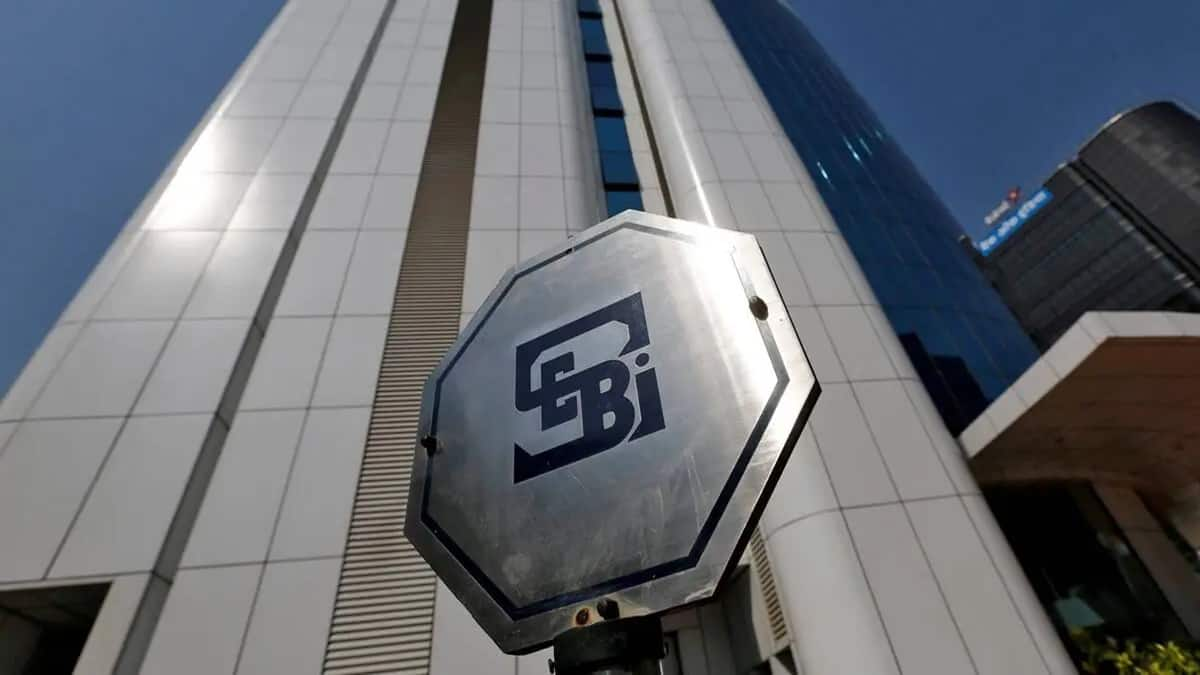

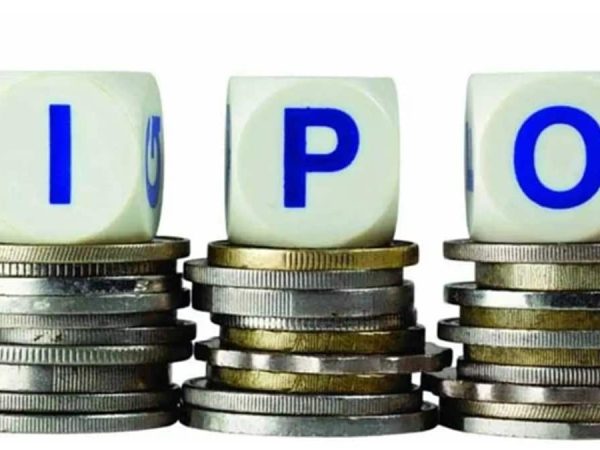
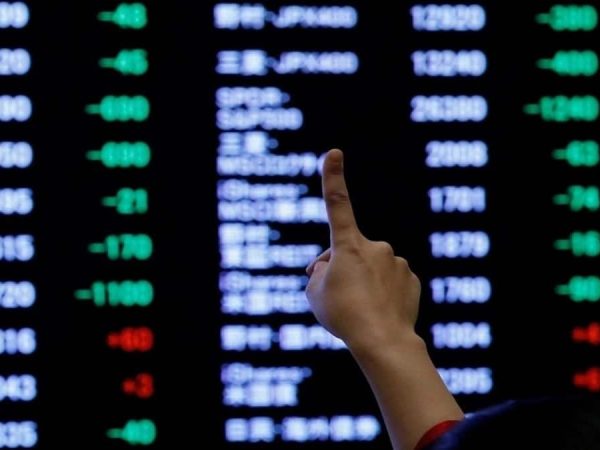
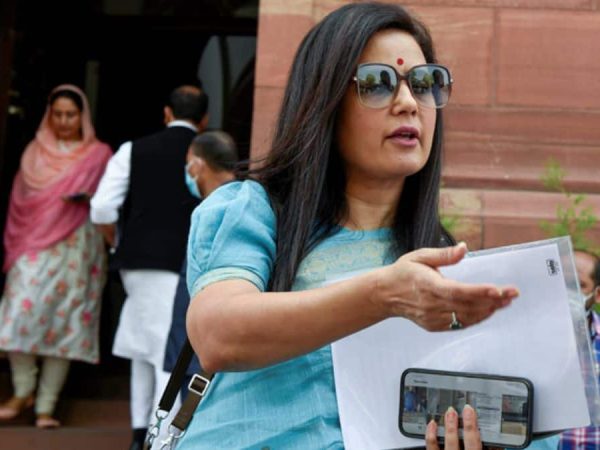
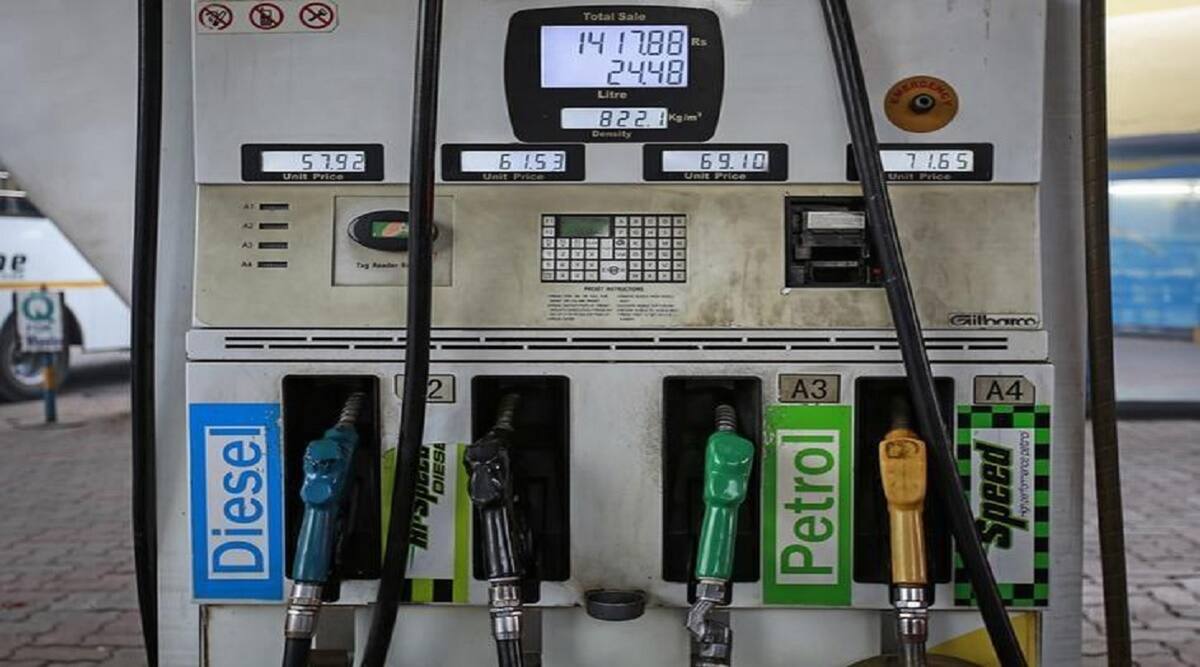
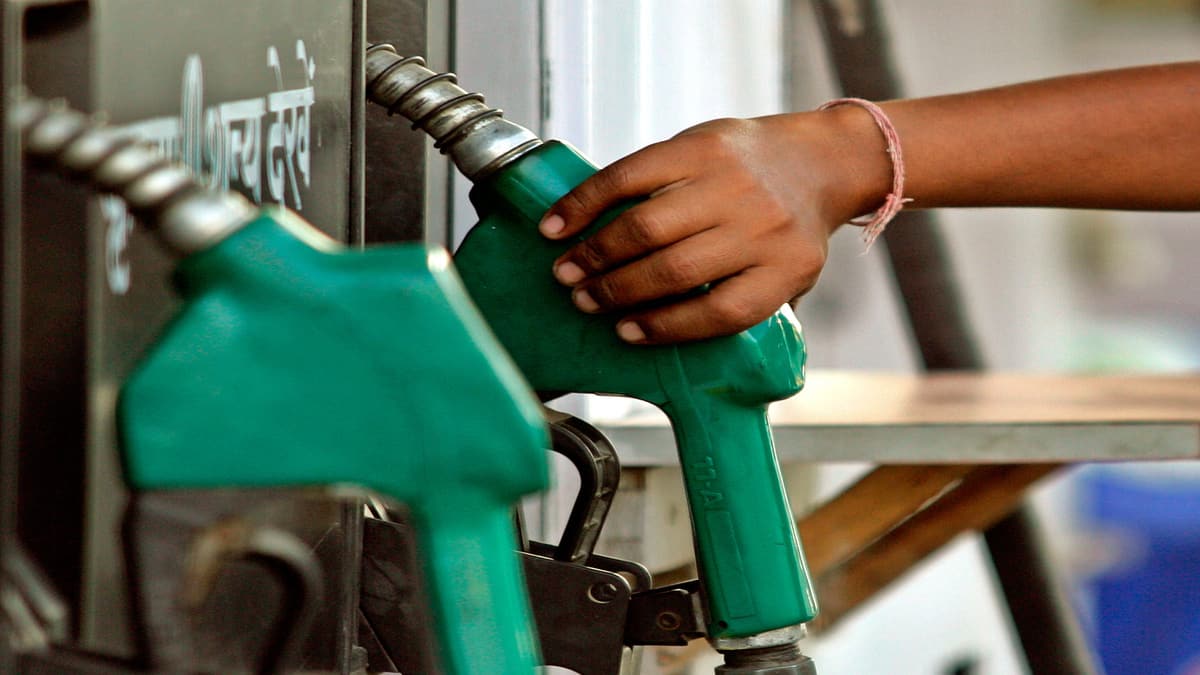
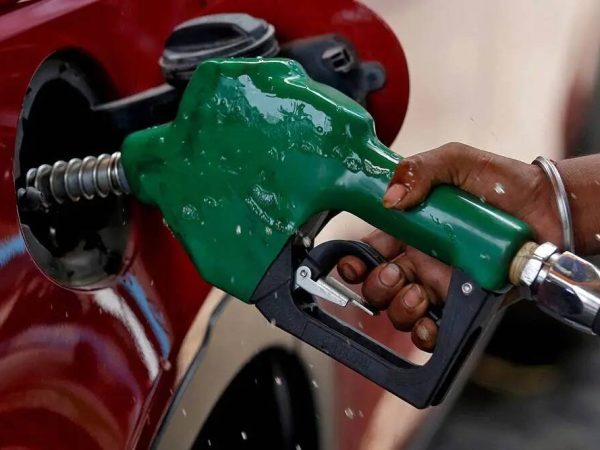
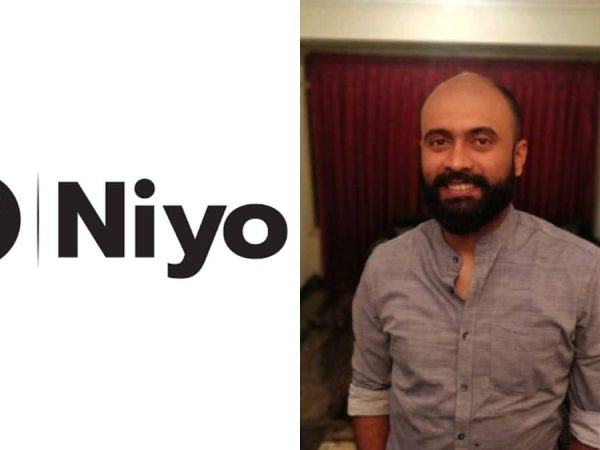
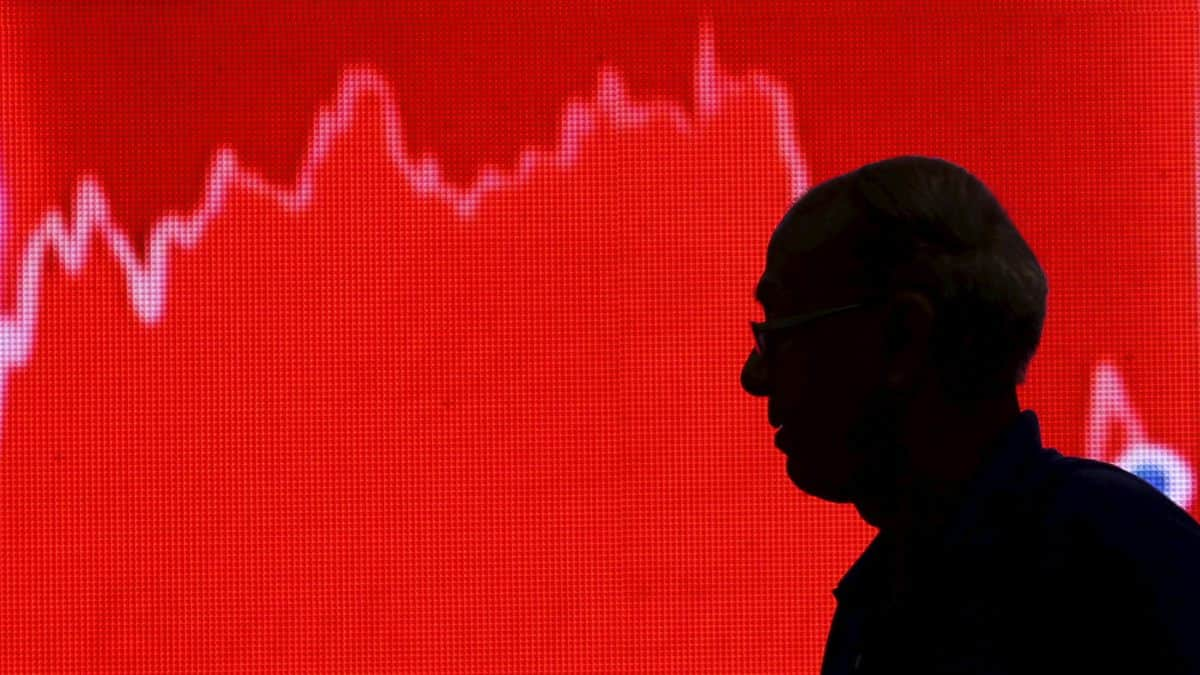
Recent Comments